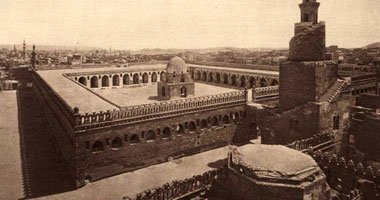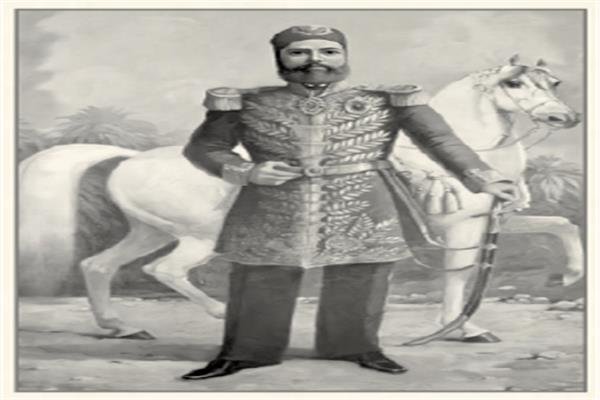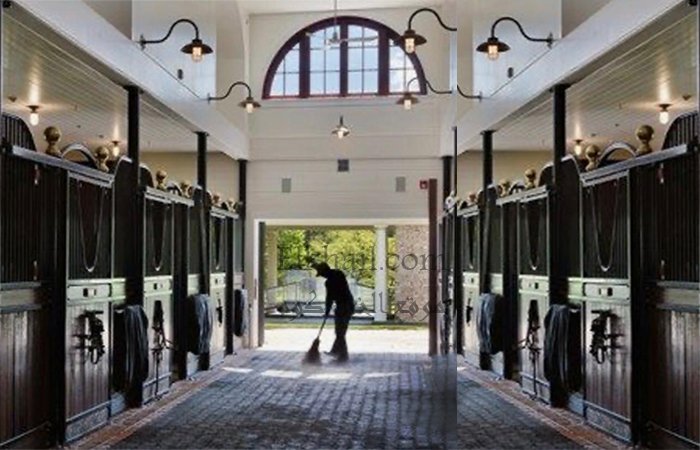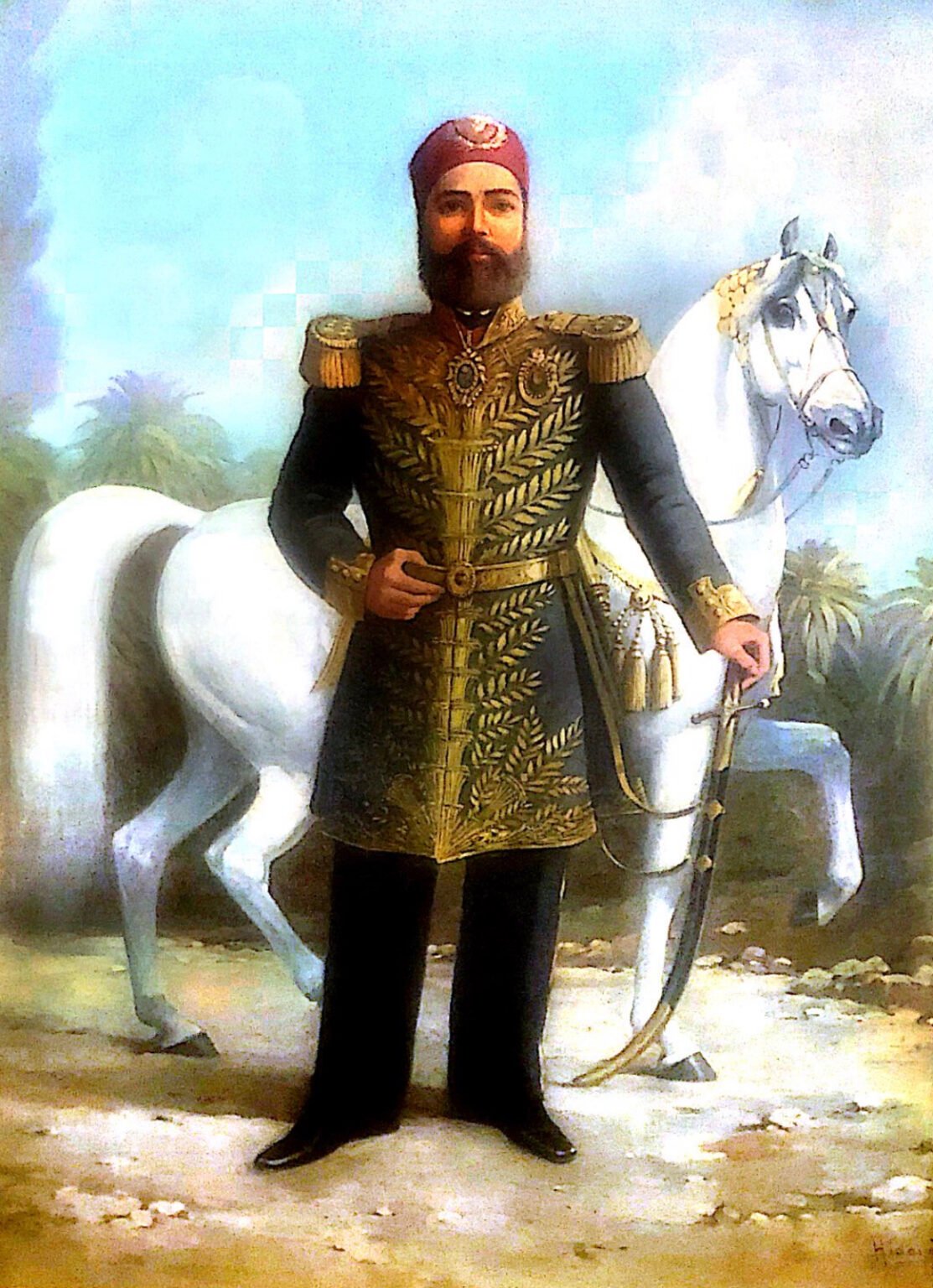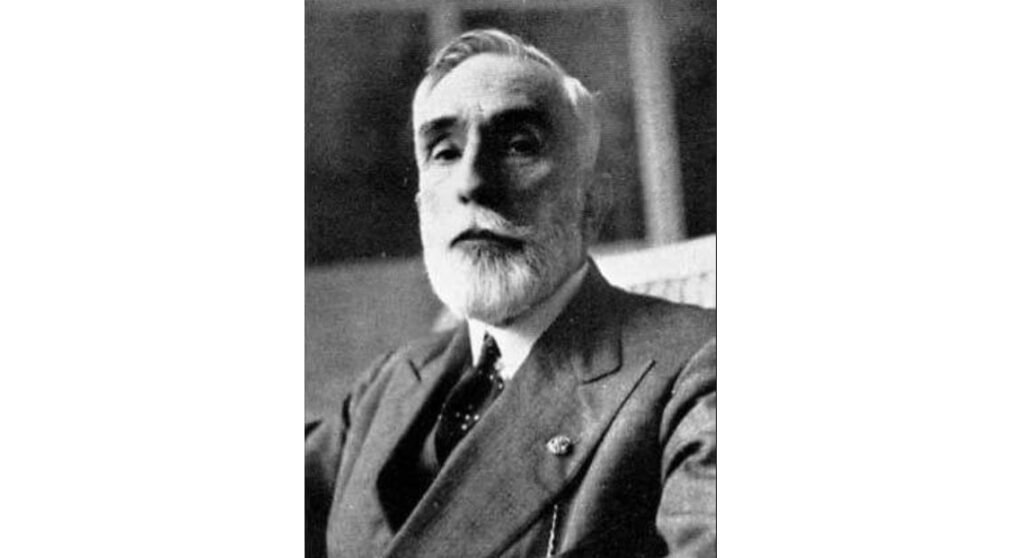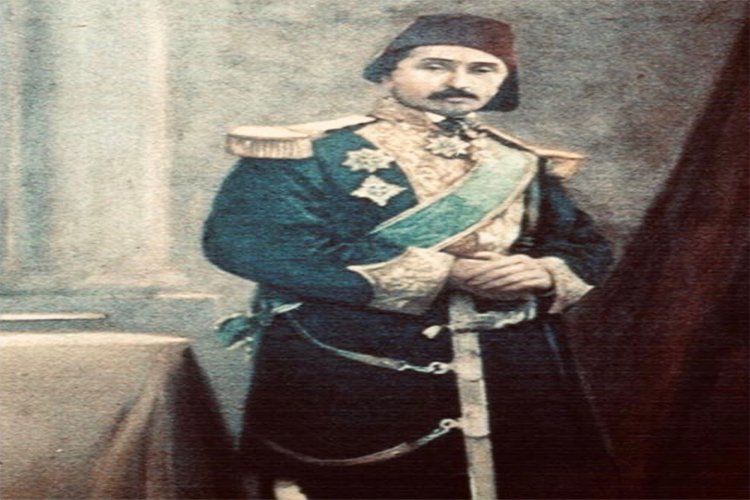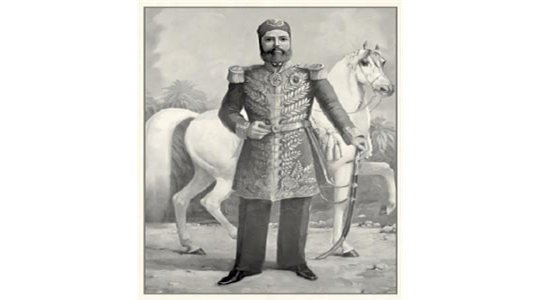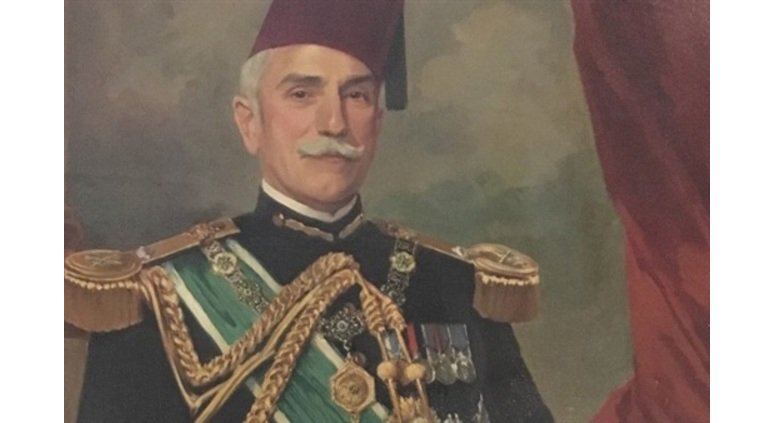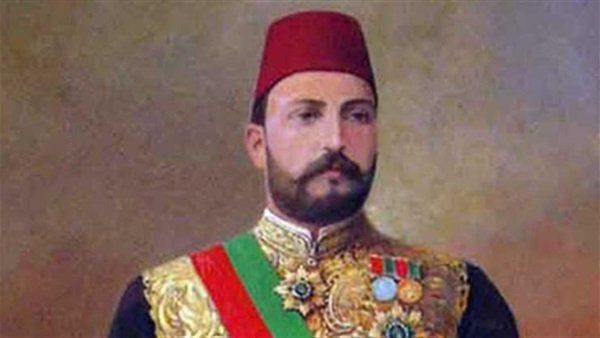Ahmed Ibn Tulun is the founder of the Tulunid state in Egypt, which ruled for 36 years from 868 to 904 AD. The Abbasid Caliph sent him as ruler of Egypt, and Ibn Tulun declared himself an independent ruler. Ahmed bin Tulun built the city of Qata’i; To be the capital of him and his rule in Egypt throughout the Tulunid era, and he built a large palace with a field for playing wands. He also established a stable to breed horses, and took care of a number of them, and his son Khamarawih succeeded him in ruling, who was…
Author: mohamed saleh
One of Abbas Pasha’s human stories with horses, which is told in his love for them and his appreciation for the Asayel, is that he gave the Queen of Britain the Saqlawan horse “Darby”, but this gift was not appreciated by the Queen, and she sold the horse, so a merchant bought it and sold it in India, and when the Pasha learned about it, he became angry severely, and he sent to the Bedouins who raised the horse, and said to them: Do you recognize the horse Derby? So they swore that they would distinguish him from among a…
Muhammed Ali Pasha decided to construct new large luxurious stables in the Shubra plain a short distance from his summer residence, the buildings being more spacious and luxurious; Well ventilated, befitting the status of the great Pasha, and reflecting the extent of his love for horses, as Shubra was luxurious gardens. This garden is a cell house established by the governor in the style of Byzantine buildings, and he collected inside it beautiful feathers and precious furniture, which draws attention to its good coordination in the situation and the safety of taste in choice. On the side of the garden…
Khedive Abbas Helmy II contributed to the development of purebred Arabian horses, by establishing the Al Hadab stem, which had a major role in producing more beautiful, strong and balanced horses. Khedive Abbas is the 7th ruler of Egypt during the Alawite dynasty. He is the son of Khedive Tawfiq bin Ismail bin Ibrahim bin Muhammad Ali, and he is the eldest of Khedive Tawfiq’s children. He was born on Jumada al-Thani in the year 1291 AH (July 14, 1874 AD). In January 1881, he joined the high school that his father had established in Abdeen. In the year 1884…
Prince Muhammad Ali Tawfiq is considered the most author of the purebred Arabian horse, and he is the one who preserved his heritage almost completely, as he authored many books covering all aspects of that field, whether its lineage, types, methods of breeding and improving it, or treating it, and others. Regarding the horse industry. Prince Muhammad Ali Tawfiq was born in Cairo on November 9, 1875 AD. Prince Muhammad Ali Tawfiq’s lineage is directly related to Muhammad Ali Pasha, the governor of Egypt, and bears his name, preceded in chronological order by his father and three grandparents: Khedive Tawfiq,…
During the Mamluk era, many administrative functions related to horse breeding arose, as follows: 1 – Amir Akhur: This function has been known since the time of the Fatimid state. The word “Achur” means the horse’s manger (the trowel in which food is placed). This function continued during the era of the Ayyubid state, and the Mamluks took it from them. Prince Khor resides in the royal stable. Among his duties is also traveling with the king in times of peace and war, preparing the Sultan’s procession, valuing the horses bought or sold, and making sure that food and water are provided to…
Dr. Erwin Adolf Bedush mentioned in his book “The Egyptian Arabian Horse”, and this book has a copy preserved in the American Library of Congress, the genealogy of Ali Pasha’s horses that have not been published before, by saying: Pasha Sharif left records of his horses, but they were lost after his death, so we relied on On the information mentioned by Lady Anne Blunt in her memoirs and also by Carl Ruswan in his memoirs, knowing that these two sources have never agreed. First, horses on Pasha Sharif Al-Rassan Al-Saqlawi Al-Jafari It was divided into three families: Jazia, Samha,…
In this report, the horse website reviews important information about the horses bought by Abbas Pasha I, Ibn Toson Pasha, the grandson of Muhammad Ali Pasha, founder of the modern Egyptian state. Information for lovers, breeders and lovers of the Egyptian Arabian horse, who would like to have information about Afandina Stables, Casablanca, and Sabaa Sarayat Stables. This is a list of the horses that were brought to the clinic by Ibn Rakhis to Abbas Pasha I in the month of Safar 1268 AH, and they are as follows: – A Zarqa Saqlawiya Jraniya mare, owned by Masih bin Khalil…
We chose Prince Muhammad Ali Tawfiq’s books on horses; Let us present through its presentation the complete experiences of its author in the field of horse breeding, including the tips that would advance the Arabian horse globally, as well as the negatives it included in order to avoid them. This group of books and letters includes the following: 1- A letter on horses written by Prince Muhammad Ali Tawfiq in 1918 AD, as it is written on its cover, and it was printed in 1925 AD at Al-Etimad Press. It was written in 20 pages of medium size, and the…
The era of Khedive Ismail witnessed a great interest in horses, as the Khedive’s stables turned into an exhibition of authentic horses and luxurious carriages during his reign. Khedive Ismail established the Royal Vehicles Department, and what remains of it is now a small part that has been turned into the Royal Vehicles Museum in Bulaq. The headquarters of Khedive Ismail’s stables for vehicles is the location of the current headquarters of the Ministry of Foreign Affairs. The Khedive was interested in using the best horses and the finest chariots during some special official ceremonies and his movements; to reflect his greatness.…




